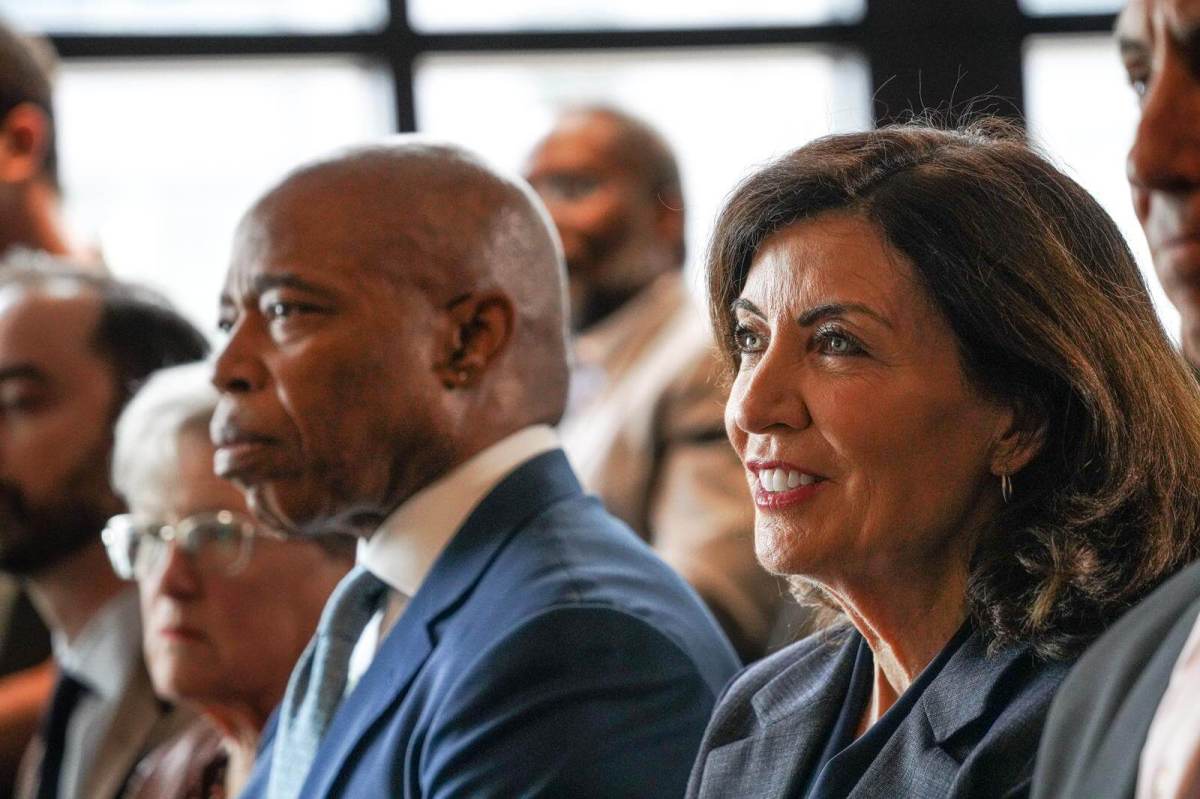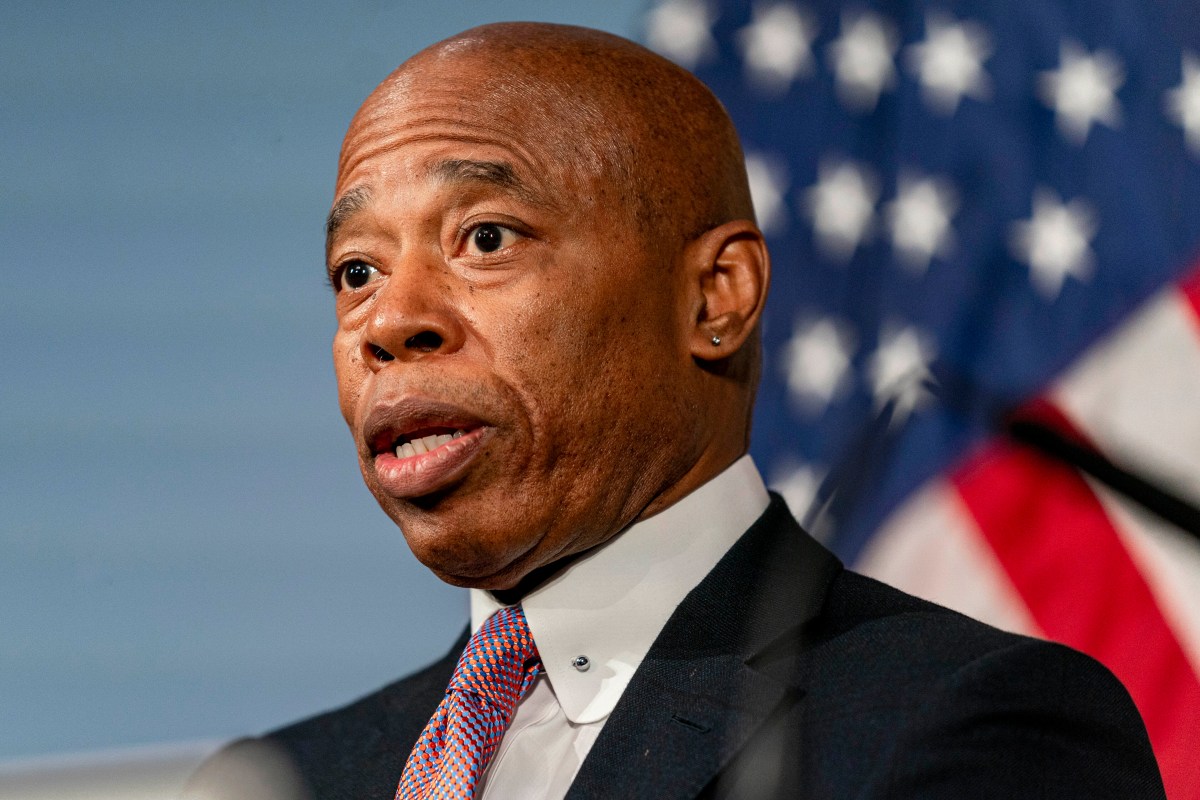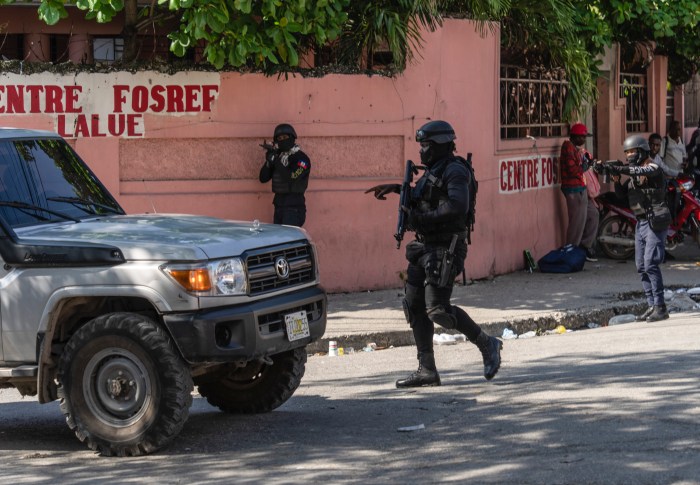By Thu Thu Aung and Yimou Lee
YANGON (Reuters) – Documents Myanmar police say they found on the mobile phones of two Reuters reporters accused of possessing state secrets were not confidential, defense lawyers said on Tuesday, because the information was publicly available before they were arrested.
Judge Ye Lwin accepted as evidence copies of newspaper articles the defense said showed the information in the documents had already been published. A police witness had previously told the court that the documents they found on the devices included confidential government letters and plans.
(Follow latest updates on detained reporters: https://www.reuters.com/subjects/myanmar-reporters)
In what has become a landmark press freedom case, the court in Yangon has been holding hearings since January to decide whether Wa Lone, 32, and Kyaw Soe Oo, 28, will be charged under the colonial-era Official Secrets Act, which carries a maximum penalty of 14 years in prison.
Defense lawyer Than Zaw Aung told the court the contents of the “top secret documents” police have said were extracted from their phones were detailed in state-run and local newspapers before their arrests on Dec. 12, and so the information was “already known by the public”.
The documents included government letters regarding to Myanmar Vice President Myint Swe’s visit to the western state of Rakhine and plans for the development of an island off its west coast for tourism.
In response, Major Aung Kyaw San, a police IT expert called by the prosecution, told the court that he was not aware of the news articles because he does not read newspapers.
He also said the reporters should not possess such documents “without permission from related government authorities” regardless of whether they had been made public or not.
Prosecutor Kyaw Min Aung declined to comment after Tuesday’s hearing.
Myanmar government spokesman Zaw Htay was not immediately available for comment. When contacted previously he has said Myanmar courts were independent and the case would be conducted according to the law.
REUTERS STORY
At the time of their arrest, the reporters had been working on an investigation into the killing of 10 Rohingya Muslim men and boys in the village of Inn Din in Rakhine. The killings took place during a military crackdown that United Nations agencies say sent nearly 700,000 people fleeing to Bangladesh.
The reporters have told relatives they were arrested almost immediately after being handed some rolled up papers at a restaurant in northern Yangon by two policemen they had not met before, having been invited to meet the officers for dinner.
On Tuesday, Judge Ye Lwin accepted as evidence the Reuters article about the killing, published on Feb. 8, a move the defense said would help shed light on the motive behind the reporters’ arrests.
“The court accepted the Inn Din story as evidence,” Wa Lone told reporters after Tuesday’s proceedings. “The truth of what we did can be revealed soon.”
Last month, Police Captain Moe Yan Naing testified that a senior officer had ordered his subordinates to plant secret documents on Wa Lone to “trap” the reporter.
At a news conference on May 15, Police Director General Aung Win Oo dismissed that testimony as untruthful.
After his court appearance, Moe Yan Naing was sentenced to a year in jail for violating police discipline and his family was evicted from police housing. Police have said the eviction and his sentencing were not related to his testimony.
Global advocates for press freedom, human rights activists, as well the United Nations and several Western countries, have called for the release of the Reuters journalists.
The next hearing in the case is scheduled for Monday.
(Reporting By Thu Thu Aung and Yimou Lee; Editing by Alex Richardson)


















